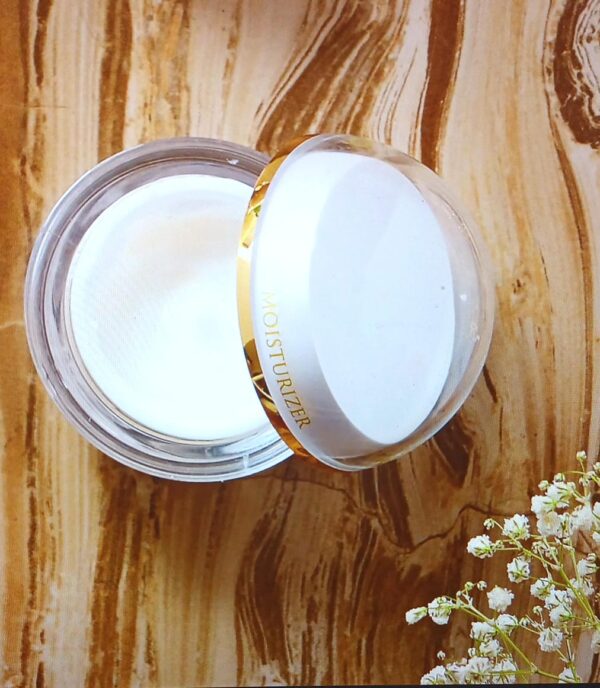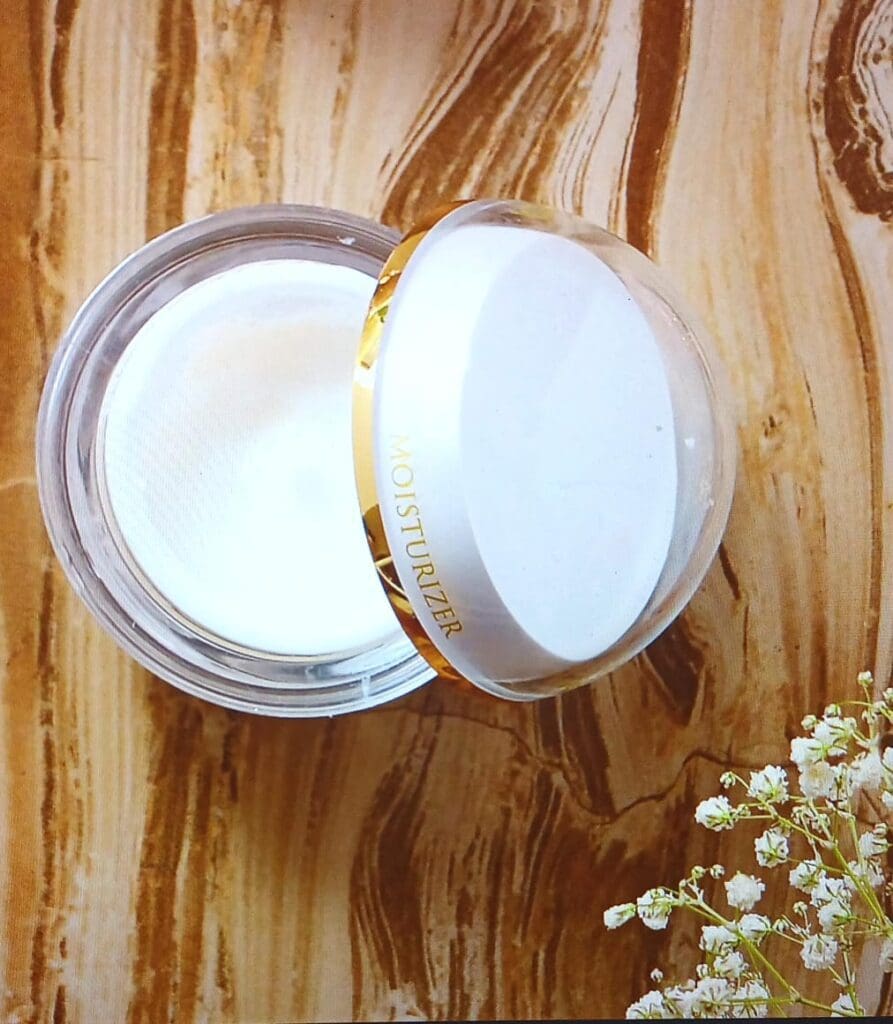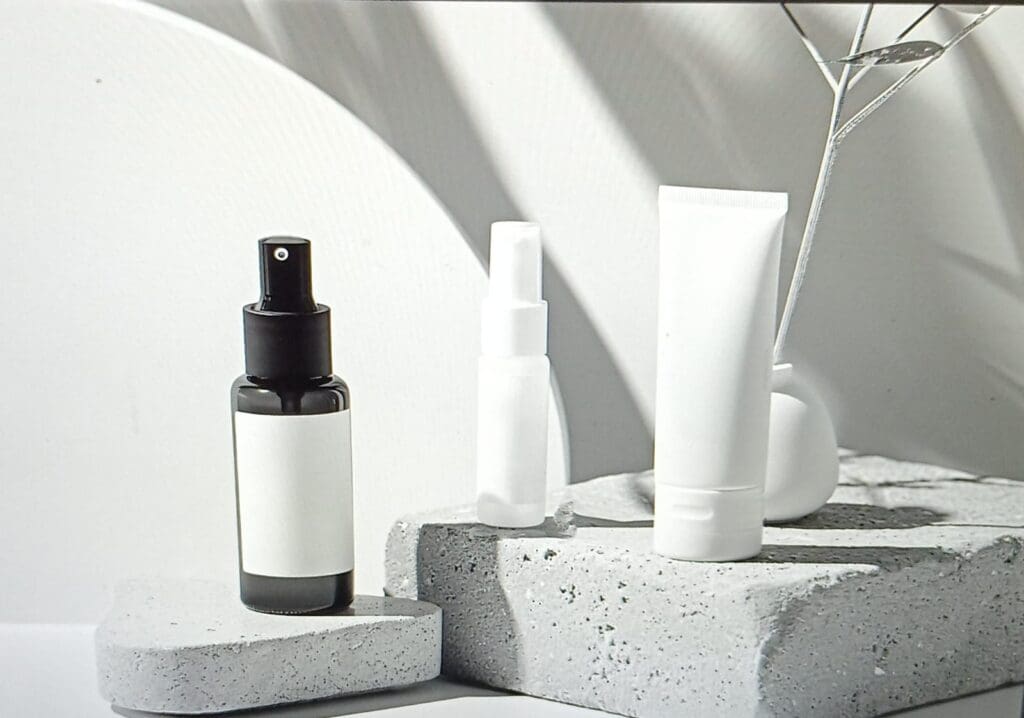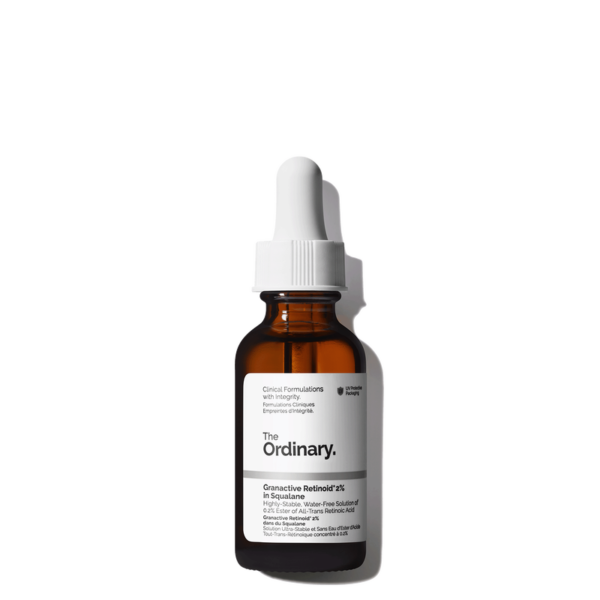
How to Choose Moisturizer for Your Skin Type
Moisturizing is a critical step in any skincare routine, regardless of your skin type. Whether you have dry, oily, combination, or sensitive skin, finding the right moisturizer can make all the difference in keeping your skin hydrated, healthy, and glowing.
But with the overwhelming number of options on the market, how do you know which one is right for you?
In this article, we will walk through everything you need to know about selecting the perfect moisturizer for your skin type, as well as additional factors like seasonal changes and specific skin concerns.
Understanding Your Skin Type
Before diving into the best moisturizers, it is essential to first understand your skin type. Your skin type is primarily determined by the amount of oil (or sebum) your skin produces. It can change with age, lifestyle, or climate, so periodically reassessing your skin’s needs is key.
Here is a simple way to identify your skin type:
- Wash your face with a gentle cleanser.
- Leave your skin bare for about 30 minutes.
- Observe how your skin feels.
Now, let’s break down the five main skin types:
- Dry Skin: Your skin feels tight and looks dull. You may experience flaking or rough patches.
- Oily Skin: Your skin feels greasy, especially in the T-zone (forehead, nose, chin). You may have large pores and be prone to breakouts.
- Combination Skin: Your T-zone is oily while your cheeks are dry or normal.
- Sensitive Skin: Your skin tends to be easily irritated and appears red, inflamed, or itchy after using certain products.
- Normal Skin: Your skin feels balanced, without excess oiliness or dryness.
Choosing a Moisturizer for Dry Skin
If you have dry skin, you will need a rich moisturizer that can provide intense hydration. Look for formulas that contain:
- Humectants: These ingredients, like hyaluronic acid and glycerin, draw moisture from the environment into your skin.
- Emollients: Ingredients like squalane or ceramides that smooth the skin’s surface by filling in gaps.
- Occlusives: Such as shea butter or petrolatum, which create a protective barrier to lock in moisture.
For dry skin, heavier creams, especially at night, work best. Ingredients like urea or lactic acid can also help exfoliate dry, flaky patches while moisturizing.
Tip: Apply your moisturizer immediately after cleansing while your skin is still slightly damp. This helps lock in extra moisture.
However, this should only be done if you are not planning to apply any serums. If you want to use serums like vitamin C, niacinamide, or hyaluronic acid, they should go on before the moisturizer.
Moisturizers for Oily Skin
Contrary to popular belief, even oily skin needs moisturizing. The key is to choose lightweight, non-comedogenic (won’t clog pores) products. Look for:
- Gel-based moisturizers: These are usually oil-free and feel light on the skin.
- Humectants like glycerin and hyaluronic acid: These hydrate without adding grease.
- Antioxidants: Ingredients like green tea or niacinamide help control oil production and reduce inflammation.
Avoid heavy creams or oil-based products, which can exacerbate oiliness and lead to breakouts.
Tip: For oily skin, using a daytime moisturizer with SPF 30 or higher can simplify your routine while keeping your skin protected from the sun’s harmful rays.
Combination Skin
With combination skin, you will need to strike a balance between hydrating dry areas (like your cheeks) and keeping the oily areas (usually the T-zone) under control.
A good option is to use a lightweight, non-comedogenic moisturizer for your entire face. Alternatively, you can use two different products: a heavier cream for dry areas and a lighter gel or lotion for oily areas.
Tip: If you prefer simplicity, choose a well-balanced moisturizer that hydrates without being too greasy, like those containing ingredients like niacinamide or squalane.
Sensitive Skin
For sensitive skin, it is essential to choose a moisturizer that soothes and calms the skin while avoiding harsh or irritating ingredients. Look for:
- Fragrance-free products: Fragrances can be irritating to sensitive skin.
- Anti-inflammatory ingredients: Aloe vera, chamomile, or calendula help calm irritation.
- Minimalist formulations: Fewer ingredients mean less chance of a reaction.
Sensitive skin tends to react to external factors like pollution or harsh chemicals, so choose moisturizers labeled hypoallergenic or dermatologically tested for sensitive skin.
Tip: Always patch-test new products on a small area of your skin to ensure they won’t trigger a reaction.
Normal Skin
If you have normal skin, consider yourself lucky! Your skin is naturally balanced, and most moisturizers will work well for you. Look for:
- Hydrating ingredients: Such as hyaluronic acid and glycerin to maintain your skin’s moisture levels.
- Antioxidants: Vitamins C and E to protect against environmental stressors.
Tip: For normal skin, lighter lotions during the day and richer creams at night work well.
The Importance of SPF
Regardless of your skin type, sun protection is a must. Consider using a moisturizer with broad-spectrum SPF during the day. UV rays can cause premature aging, hyperpigmentation, and other skin damage, making this an essential step in your routine.
Can your moisturizer with SPF replace sunscreen?
If you are spending most of your day indoors, like in an office, home, or shop, and only stepping out briefly into the sun, your moisturizer with SPF can be enough.
However, if you plan to be in direct sunlight for more than an hour, especially in the summer, you should apply a proper sunscreen or sunblock to fully protect your skin from UVA and UVB damage.
Moisturizing Tips for Every Skin Type
Always cleanse first: Cleansing removes dirt, oil, and makeup, allowing your moisturizer to penetrate effectively.
Use a serum before your moisturizer: Serums target specific concerns and, when layered under your moisturizer, can provide an extra boost of hydration and treatment.
Adjust your moisturizer based on the seasons: Lighter gels or lotions work best in hot, humid weather, while thicker creams are necessary in cold, dry conditions.
Apply moisturizer to damp skin: This helps trap moisture and enhances the hydrating effects of your moisturizer.
Don’t forget your neck and décolletage: These areas are often exposed to the elements and can benefit from regular moisturizing as well.
Conclusion
Finding the perfect moisturizer is easier when you understand your skin’s unique needs. By focusing on your skin type and specific concerns, you can choose a product that works best for you.
Regardless of having dry, oily, sensitive, or combination skin, the right moisturizer will enhance a glowing, healthy complexion.
Take your time exploring different formulas, and feel free to adjust your routine as your skin evolves. With the right care, your skin will stay hydrated, balanced, and look its best all day long.
Related: 10 Best Face Washes for Oily, Acne-Prone Skin in Pakistan

Education: University of Peshawar
Ahmad Khan holds a Master’s degree in Chemistry and has been writing about skincare for over five years. With a deep understanding of ingredients and their impact on the skin, he enjoys sharing practical, science-based skincare advice. When not writing, he loves playing with his kids.




